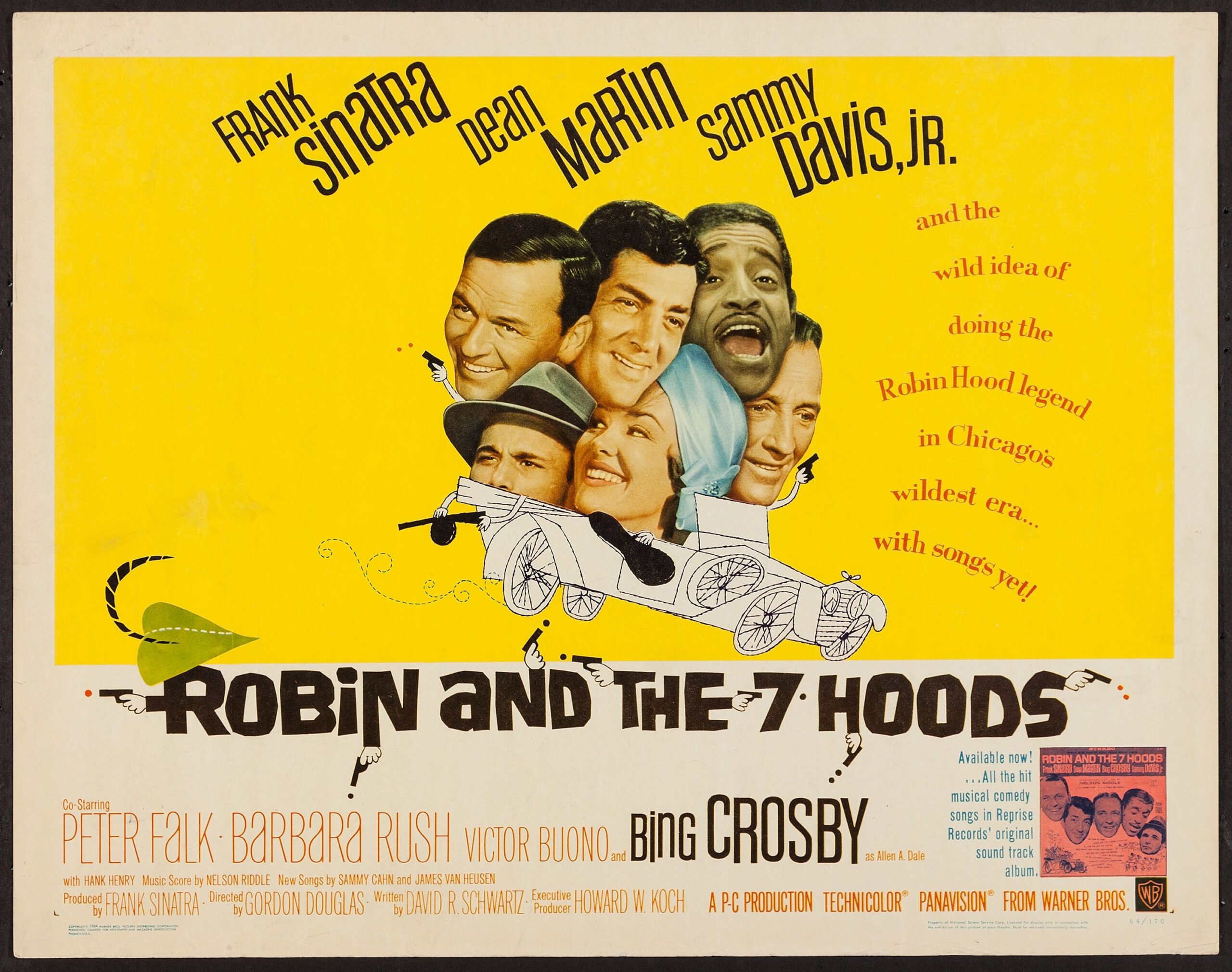The Irishman detractors don’t even realize how close Al Pacino and Robert DeNiro came to pairing up as Frank Sinatra and Dean Martin instead.
Ultimately, Martin Scorsese’s shelved movie about “Ol’ Blue Eyes” became yet another in a running slew of music biopics the director of the recently-announced Jonah Hill-as-Jerry Garcia feature couldn’t get off the ground.
Perhaps the strongest of his, and any other’s “unmade” catalog: an earlier Rat Pack revitalization alternatively told from Dean Martin’s perspective, and to have been aptly titled “Dino.”
The script from repertory Scorsese scribe Paul Schrader (Taxi Driver, Raging Bull) and Goodfellas author Nicholas Pileggi most notably had a dream ensemble in mind. As Variety reported in 1998, the production eyed Tom Hanks as Martin, John Travolta as Sinatra, Hugh Grant as Peter Lawford, Adam Sandler as Joey Bishop, and Jim Carrey as Jerry Lewis. No word was ever given on who they envisioned to play Sammy Davis, Jr. before “Dino” was sidelined when Scorsese earned funding for his decades-in-the-works passion project, Gangs of New York (2002).
Had either of Scorsese’s two failed attempts at big-screen reviving the Vegas crooners-turned-movie stars seen the light of day, they would have shown the highs and lows of the group members and their respective personalities – “warts and all.” This creative intention inspired Sinatra’s estate to axe “Sinatra,” the Pacino and DeNiro-involved 2010s iteration written by Phil Alden Robinson (Field of Dreams) and Billy Ray (Captain Phillips), altogether.
A major division that irrevocably harmed The Rat Pack’s union was the falling out between Sinatra and Lawford – itself extending to another famously unresolved separation between the outfit leader and his pal-turned-President, John F. Kennedy.
Sinatra replaced Lawford, Kennedy’s brother-in-law, with Bing Crosby for 1964’s Robin and the 7 Hoods – a Prohibition-era Chicago gangster flick marred by more threats to its production than one. The shunning of Lawford, and his subsequent exclusion from the final Rat Pack film, was a result of his failure to persuade Kennedy to follow through on an eventually retracted promise to make an appearance at Sinatra’s Palm Springs home in the Spring of 1962.
Three weeks into the filming of Robin and the 7 Hoods, Kennedy was assassinated in Dallas on November 22, 1963. Just two weeks after that, 19-year-old Frank Sinatra, Jr. was kidnapped from his Lake Tahoe dressing room. He would be returned days later after his father paid a $240,000 ransom (equivalent to a little over $2 million today).
Reportedly, Sinatra contemplated shutting down production entirely amid the duress. Needless to say, there is a movie to be had about the adversity one movie production, and man, suffered in that two-week span alone. But would the estate sign off on fully encapsulating what may have been going on within The Chairman of Board’s mind at a time of nationally and personally felt tragedy and turmoil?
Should Sinatra be reborn for the cinema someday, unadulterated or not, he will be depicted as the soulful showstopper he was: the man with the knack for overcoming bad times by paving the way for the good, thereby inspiring others to follow suit – all while doing it his way.







